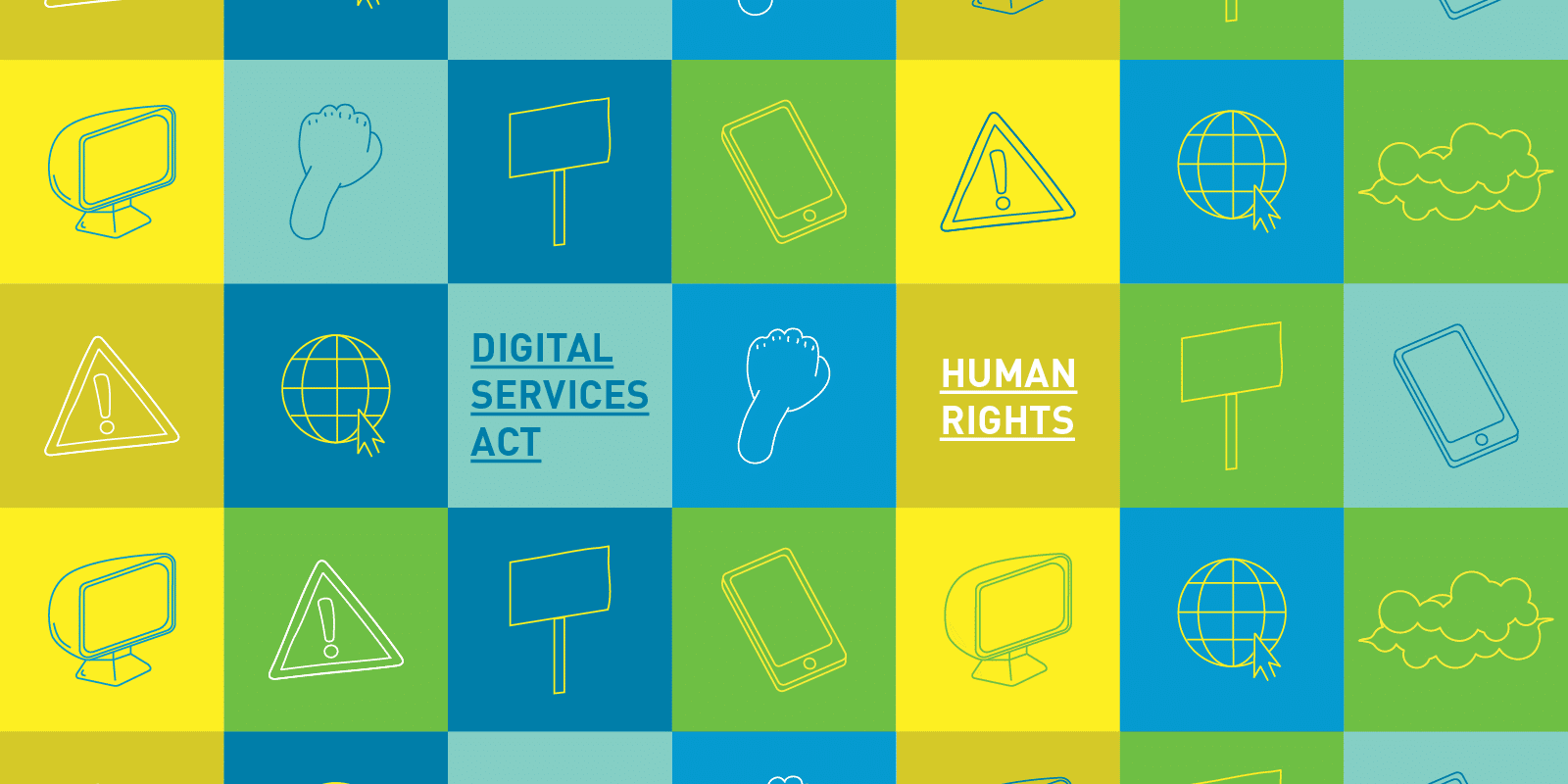In an open statement, Access Now and and 65 civil society organisations from across the world demanded clarification on Commissioner Thierry Breton’s incendiary statements suggesting that arbitrary blocking of online platforms could be enforced and justified under the Digital Services Act (DSA).
Commissioner Breton’s response is below.
July 27, 2023 Dear representatives of Access Now and other signatory civil society organisations, Thank you for your letter of 26 July on the enforcement of the Digital Services Act. I have always been very clear: Europe stands by the freedom of expression and a neutral and open internet, and firmly opposes decisions where content, services, and applications are blocked or degraded on an arbitrary and unjustified basis. Europe also stands by protecting its citizens and our democracies. Riots across the globe in recent years, like the storming of the US and Brazil Congresses, have shown the role that powerful yet unregulated digital spaces can play in the very foundations of our modern democracies. Rather than relying on platforms’ good will or artful interpretation of the law, the EU has chosen to organise and restore trust in the digital space with clear rights, obligations and safeguards. The Digital Services Act (DSA) does just that. We now have the first and the most progressive rulebook in the world for governing the responsibilities for online platforms. A new framework where our laws and courts continue to define what is illegal, both offline and online — from child pornography to terrorist content, from hate speech to counterfeiting, from incitement to violence to defamation — through democratic processes, with appropriate checks and balances based on the rule of law and due process. The DSA sets out a complete toolbox for regulatory supervision and regulatory action at European level, which focuses on preventive action and transparency by online platforms. The platforms in scope of the DSA are well aware of their obligations and the nature of sanctions, including, in case of non-compliance, fines of a maximum of 6% of global turnover up to, in extreme cases, temporary shutdowns. And on the basis of our ongoing discussions, the Commission already has a good understanding of the measures that Very Large Online Platforms and Search Engines are taking to comply with their legal obligations. The DSA foresees proportionate sanctions adapted to each platform’s behaviour. This includes, as a last resort, if the platform fails to take necessary and effective actions, the possibility of a temporary suspension or restriction of access to the service in the most far-reaching situations such as, for example, systemic failure to terminate infringements linked to calls for violence or manslaughter. Such measures must follow the due process set out by the law itself, with national courts at the centre, in line with international law and jurisprudence by the European Court of Human Rights. Under Article 51(3) of the DSA, in case of serious breaches threatening people’s life or safety, the Commission can ask Digital Services Coordinators to request judges to temporarily restrict or ban a Very Large Online Platform or Search Engine from the EU. Judges will be in charge of deciding whether our citizens’ life or safety are at risk. This measure will always be undertaken with due process, limited in time, take into account if the platform takes the necessary measures to terminate the infringement, and consider if the temporary restriction does not unduly restrict access of recipients to lawful information. Finally, in the event of an urgent situation where there is a risk of serious damage to the users of a service, pursuant to Article 70 of the DSA, the Commission can order interim measures against a potentially non-compliant Very Large Online Platform or Search Engine if there is a case (prima facie) to suggest that an infringement of the DSA has taken, or is taking, place. Under Article 51 of the DSA, the power to adopt interim measures or to request a judge to do so is also entrusted to the Digital Services Coordinators – the main national authorities responsible for the supervision and enforcement of the DSA in cooperation with the Commission. In all cases the due process will be respected and courts will have the final say. The DSA is here to protect free speech against arbitrary decisions, and at the same time protect our citizens and democracies. The Commission will thoroughly and lawfully enforce the DSA. – Thierry Breton
Well before the end of August compliance deadline, my services and I have initiated a thorough dialogue with Very Large Online Platforms and Search Engines so they understand and are prepared for the measures they will need to take to prevent and tackle the spread of illegal content online such as incitement to violence or other criminal behaviour. We are carrying out readiness stress tests to check if their internal controls and resources will be ready for the DSA. Because when it comes to online dissemination of illegal content or crime, there can be no half-measures.
